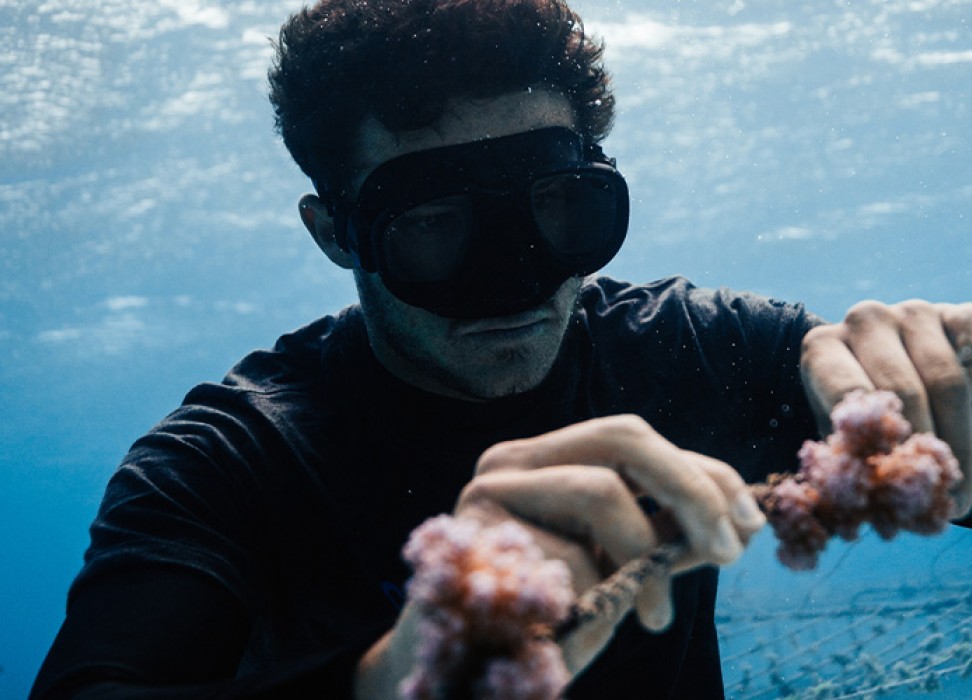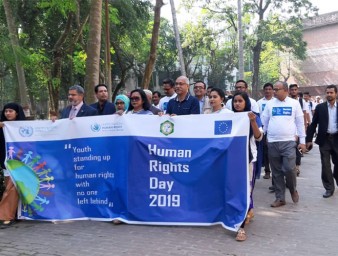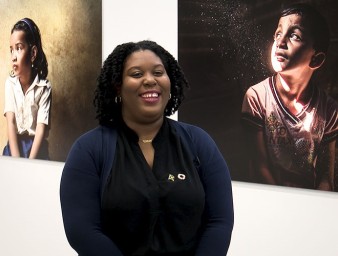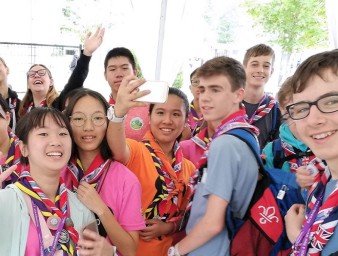A young conservationist is planting corals to restore the South Pacific Ocean
21 January 2022

“I have always had a connexion with the ocean and the coral reef. I grew up on a tiny island in the middle of the South Pacific Ocean and, ever since I was a little kid, the water with its corals and the fish became my playground and my school,” said marine conservationist, Titouan Bernicot. The day I noticed that they were disappearing it became natural for me to do something to save them.”
Bernicot was born on a small atoll island in the Tuamotu archipelago. In 2017, at the age of 18, he created Coral Gardeners, a small group of friends that today has grown into a movement of half a million people who work to save the coral reefs in the Pacific Ocean. To date, they have planted over 16,000 corals around the island of Mo’orea in French Polynesia. The group plans to plant one million corals around the world by 2025.
Bernicot’s organization has also been raising awareness on coral reef depletion locally, in French Polynesia and globally through social media and the press.
“Some jobless local fishermen and surfers joined our group to become coral gardeners. Their job now is to save the place they love,” he said. “We bring children in the water to help us build coral nurseries.”
“I go to remote atolls and work with their communities, but I also use the power of videos and images to spread the word on a bigger scale online. My dream is to get everyone on the planet involved.”
According to UNESCO’s Ocean Literacy for All initiative, the ocean is the planet’s largest reservoir of rapidly cycling carbon. Many organisms use carbon dissolved in the ocean to form coral reefs. Changes in ocean temperature and to its chemistry due to human activity can affect the survival of corals and more generally impact the ocean’s biodiversity.
“Corals are the rainforest of the seas, the ocean lungs. They are so important for our planet well-being and for us as humans. So it is really important for me to do everything I can to protect them by planting more corals, restoring the reef and powering the local communities and raising awareness globally,” Bernicot said.
Recently, Bernicot’s group created the Coral Gardeners Labs, where engineers from around the world work together to develop new tools and use technologies such as artificial intelligence to better understand the reef ecosystem, improve their restoration methods, and connect the world to the coral reef growing in Mo’orea Island.
“We are developing the most advanced artificial intelligence for the coral reef, Reef OS,” he said. “It is connected to our nurseries with my smartphone, the dashboard, and I can see the corals growing live, the number of fish in the coral, as well as temperatures. Basically, all the data we need to improve what we are doing.”
In 2021 Carol Gardeners received a grant from the National Geographic Society and Bernicot was officially named a National Geographic Explorer. The grant supported the group’s first field expedition in the Tuamotu Islands to assess the state and health of the coral reefs and improve the team’s scientific knowledge.
In November that same year, he received an award from the Youth Activists Summit in Geneva.
This story is part of Human Rights Champions – a recurring series featuring portraits of human rights defenders or organizations that stand up for human rights.
Learn more about Titouan Bernicot and his work in the video below:



